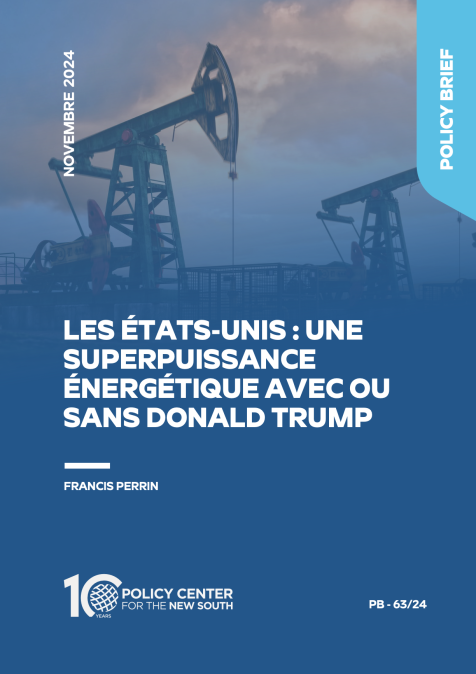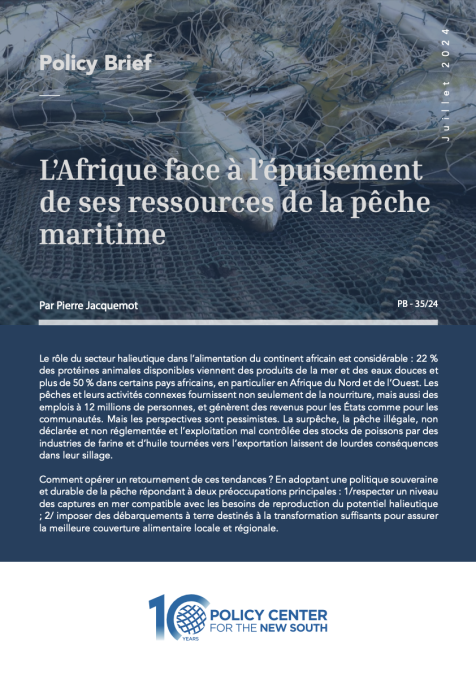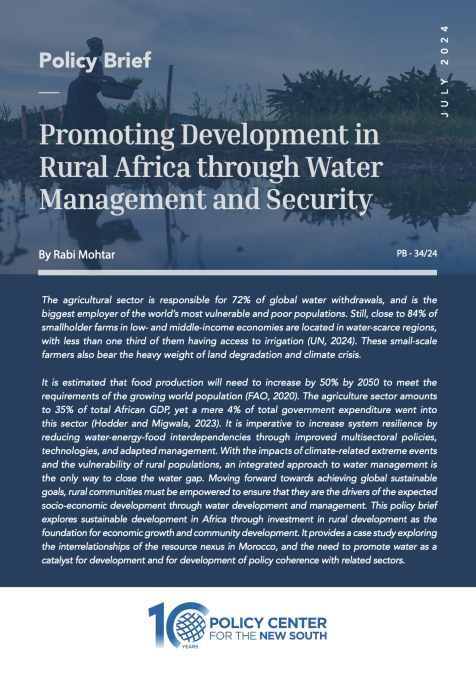Podcasts
Is there a world gas glut ?
07
July
2017
Related topics:
This podcast is performed by Ms. Marie-Claire Aoun. director of the Center for Energy at the French Institute for International Relations (Ifri) and lecturer at Paris Dauphine University. This podcast tackle the current situation of the gas market ans the medium term and the long term prospectives both from the supply side dans the demand side with a focus on Europe.






